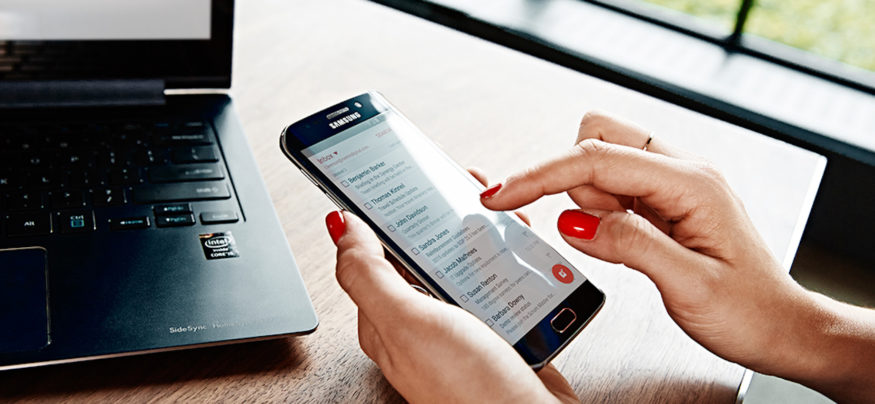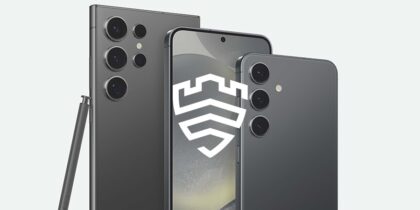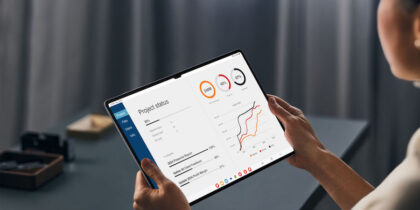Mobile security is top of mind for many executives today. Not only are more devices being used in the workplace — whether sanctioned or not — but many users are also configuring their own security settings, connecting to untrusted sites and downloading personal apps. In many companies, mobile deployment has happened without much consideration for security, primarily because of the pace of adoption.
One thing that customers are always asking us is how they can implement mobile security to ensure that it fits into their back-end infrastructure. This issue comes up so often that we decided the time was right to do something different to help customers with their needs. As Samsung Business’ CISO, I’m tasked with ensuring that security is built into not only our business, but our customers’ businesses as well.
Mobility offers many advantages, from improved productivity to flexibility, solidifying its importance as a core strategy for organizations. By undergoing a security assessment, a business can identify gaps in its security controls and improve its security posture.
Assessments Specifically Designed for Mobile Environments
The goal of mobile security assessments is to ensure that organizations have the proper mobile security strategy, policies and SSL connectivity for their needs and business objectives. With this model, organizations can address issues specific to mobile environments, such as discovering what’s needed to prevent data from leaking when a device is lost or stolen, or how to efficiently capture mobile logs to track activity. The process will also take into account the regulations with which an organization must comply and will help it develop processes to ensure compliance.
Aligning Mobility With Business Needs
An organization can use this new method to better align its mobile strategy with its business requirements, allowing it to establish mobile technology architecture that complements its overall technology architecture. Businesses can also establish a committee for mobility consisting of personnel from both business and IT to ensure that the alignment with its overall business strategy is maintained and optimized.
Another benefit is the ability to better assess how bring your own device (BYOD) policies will impact the business, so that an organization can develop the best strategy to achieve robust security. Each business is unique and will need to decide the level of BYOD flexibility allowed and the best strategies to manage personal device use.
Samsung is already known as a manufacturer of mobile devices with robust security capabilities, owing to its Samsung Knox security platform. Security permeates all Samsung mobile device layers, from hardware up through the applications running on it, and includes the ability to separate data into discrete containers on the same device. While Samsung Knox is central to the service, most organizations manage mixed-device environments, and the security assessments are applicable to all brands and operating systems.
Mobility will only rise in importance, and security issues can’t be underestimated. By conducting security assessments, organizations can have the peace of mind they need to fully embrace mobility.
See how enterprise mobile solutions are changing the way that employees work on a daily basis.





